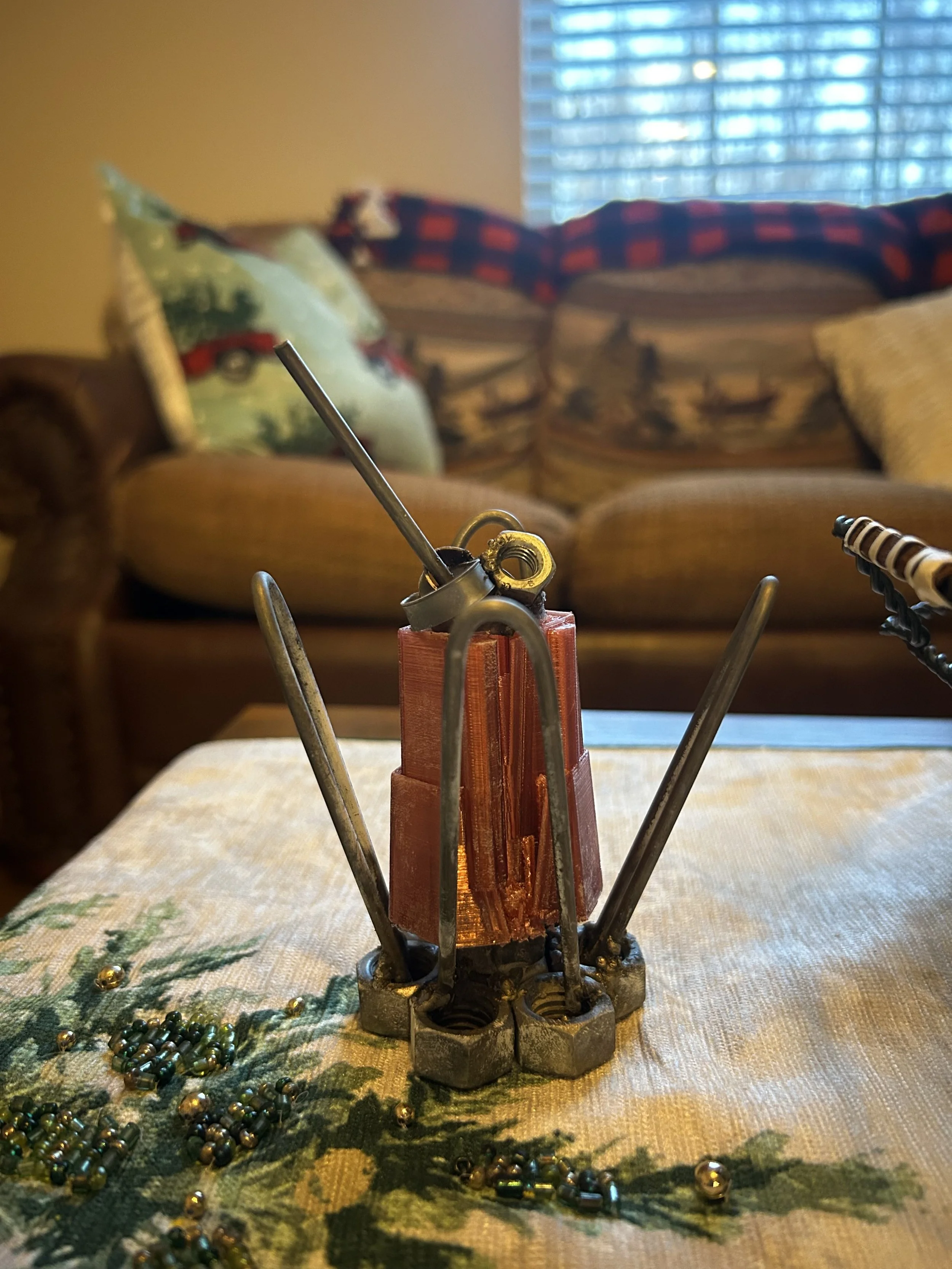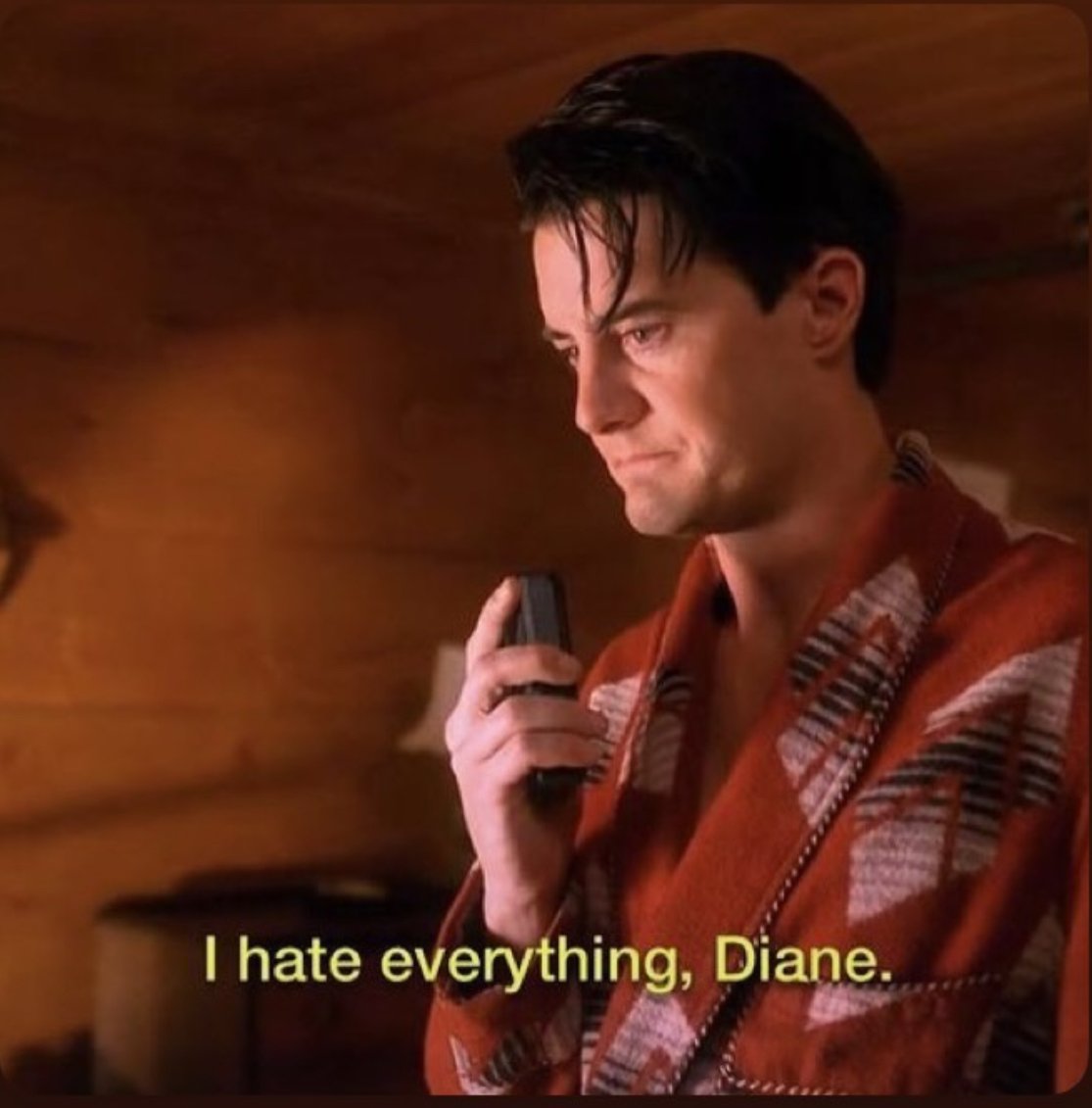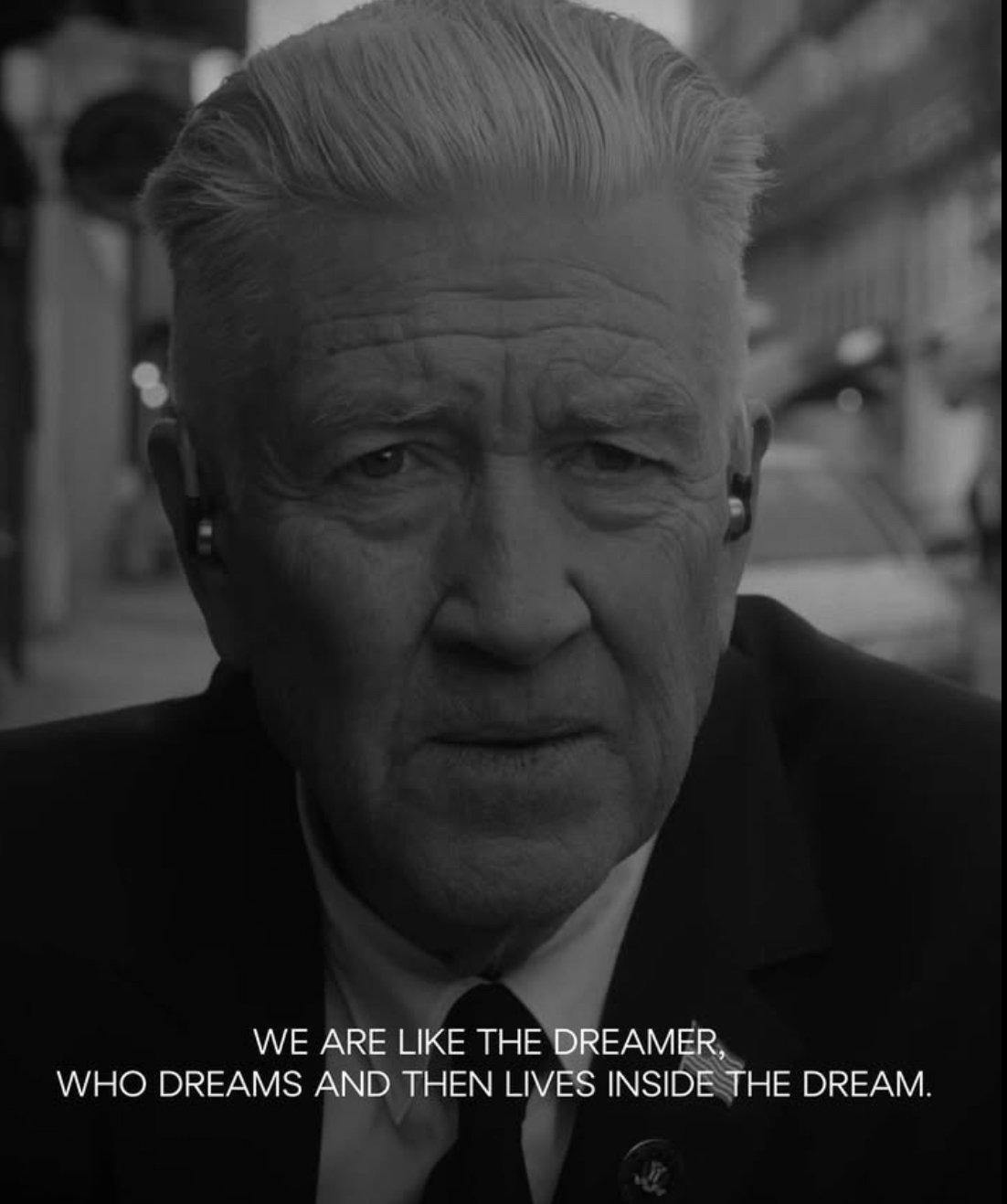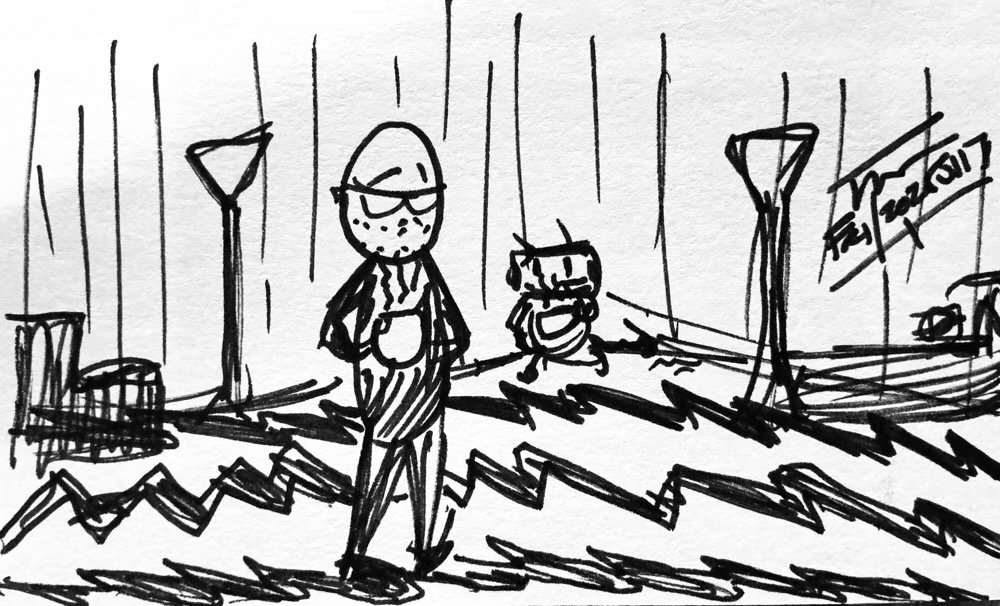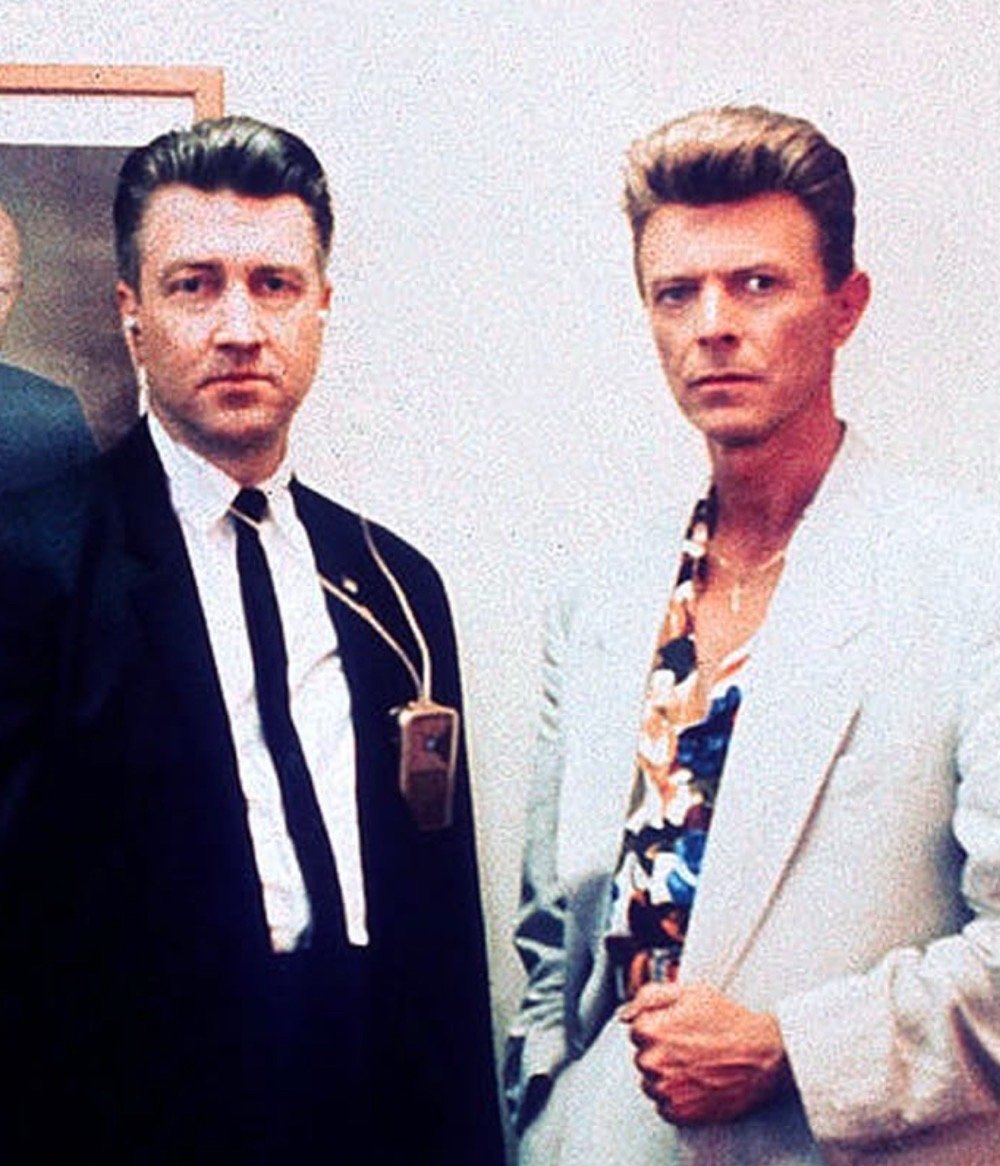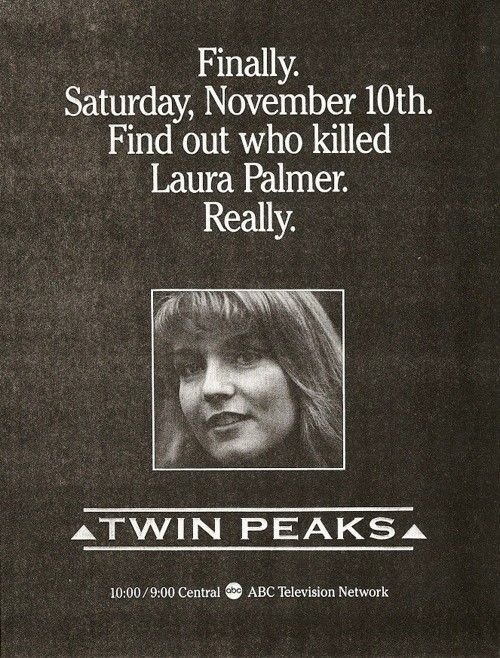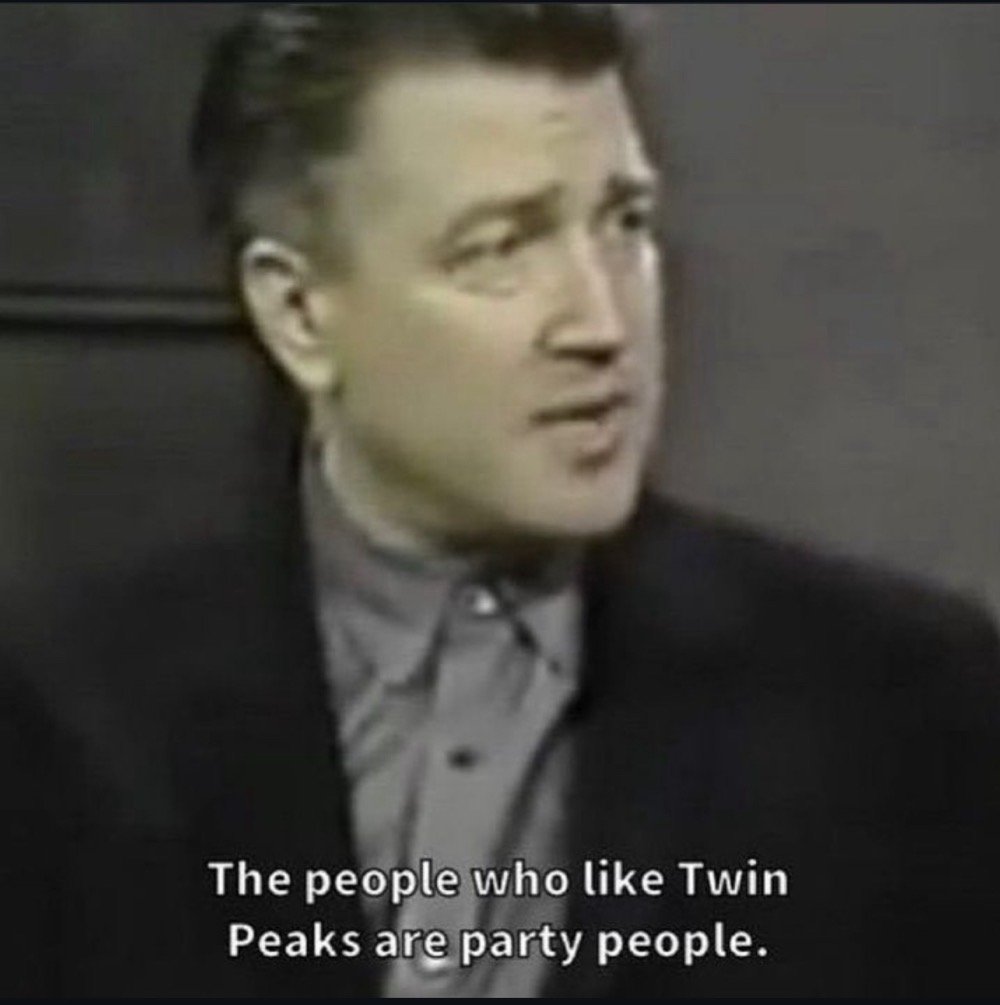metal_0045.1 :: strawberry sundA.I. (fun size)
A colleague of K’s loved the large, original strawberry sundA.I. so I made this little fun-sized version (about 1/4 the size, if that) for her. Much less detailed, but I still had to throw in the Audrey Horne homage.
Update20251204: in its forever home.

